Apple sues recycling firm seeking $22.7 million for theft of over 100,000 iPhones, iPads and Watches
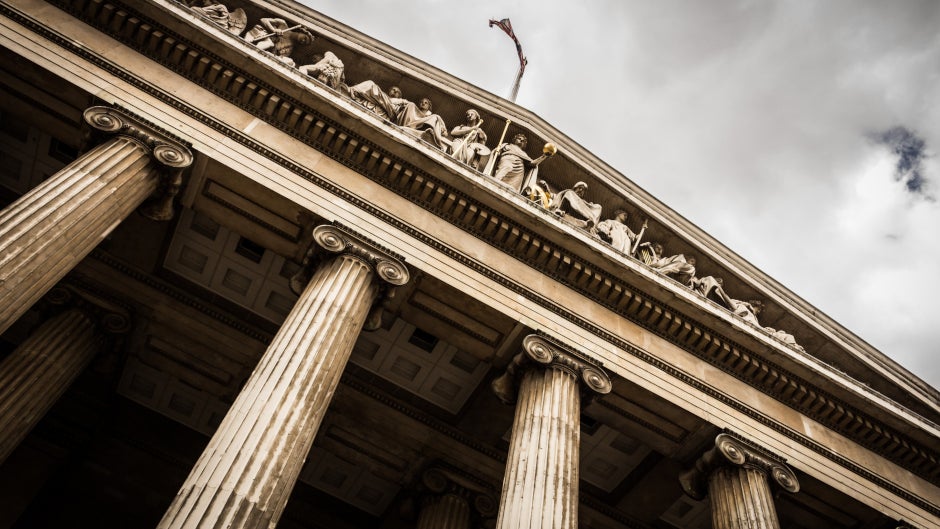
Apple is back at its home away from home; in court, we mean. According to The Logic (via AppleInsider), the tech giant is suing a Canadian recycling firm called Geep Canada alleging that the firm stole 100,000 Apple devices including iPhones, iPads, and Apple Watches. Apple has been using the firm since 2014 to strip down these devices and recycle them.
Apple accuses a recycling company of selling devices that were supposed to be stripped
The interesting thing is that Geep Canada doesn't deny that the devices in question were stolen. But in a countersuit filed by the firm, it claims that three rogue employees were responsible for the thefts which reportedly occurred without the company's knowledge. Apple says that the three so-called "rogue employees" are actually members of Geep Canada's senior management.


The filing that Apple submitted to the court says that between January 2015 and December 2017, the company shipped 531,966 iPhones, 25,673 iPads, and 19,277 Apple Watches to Geep Canada. When Apple visited the recycler's warehouse to perform an audit, it discovered that some of its devices were being stored separately from devices from other companies. When Apple discovered that there were no security cameras monitoring that gear, the company decided to check the serial numbers of all of the devices it sent to Geep Canada. What it discovered was that 18% of the devices it had sent to Geep to be stripped for parts, a total of 103,845 phones, tablets, and watches, were active on networks belonging to wireless providers. Apple notes that the actual number of stolen devices is higher since non-cellular iPad and Apple Watch models wouldn't show up on the carriers' lists.
Apple's lawsuit shows that "At least 11,766 pounds of Apple devices left Geep's premises without being destroyed - a fact that Geep itself confirmed." The manufacturer is seeking $22.7 million from Geep Canada. Since someone was able to sell the devices in question, you might wonder why Apple just didn't decide to sell them itself. But the tech giant told The Verge that "Products sent for recycling are no longer adequate to sell to consumers and if they are rebuilt with counterfeit parts they could cause serious safety issues, including electrical or battery defects." Selling these devices when they are no longer safe or good to use can not only harm consumers, doing so can also harm Apple's reputation if these products can't perform up to par. Apple filed the suit in January 2020 although the thefts were discovered in 2017-2018. Since Apple confronted Geep Canada, it has stopped working with the company.
At the beginning of this year, we told you that Apple is looking to recycle all of the parts used on its devices and become a closed-loop manufacturer. Apple also relies on robots like Daisy that can strip and keep the parts of 200 iPhone units an hour. But not everyone believes that Apple is best served by recycling old products. Consider Kyle Wiens, the founder of device repair company iFixit. He would prefer that Apple repair older iPhones rather than strip them down and recycle the parts.
Daisy the robot can disassemble an iPhone (think of it doing the opposite of what Foxconn's assembly line does) using a blast of freezing cold air weighing in at -176 degrees Fahrenheit. Apple removes and keeps screws and modules and sends some parts to recycling firms tp extract the minerals. Cobalt is removed from the batteries inside these older devices and is used on new batteries. Once Daisy removes an iPhone's display, sensors, screws, logic boards, and the wireless charging coil, all that is left is an aluminum chassis. The aluminum is reused on newer devices while the solder used to mount components on new devices is produced from 100% recycled tin.
Follow us on Google News







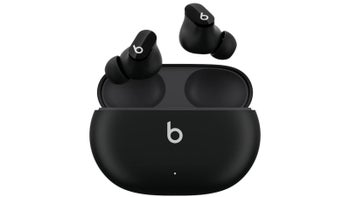
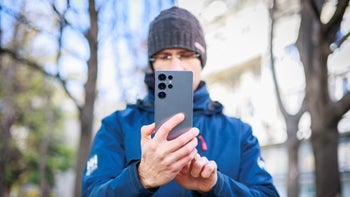
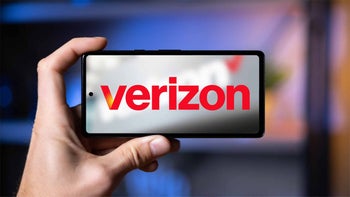
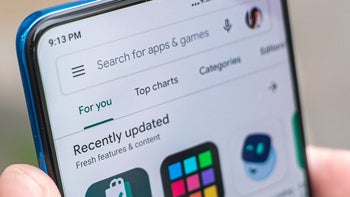

Things that are NOT allowed:
To help keep our community safe and free from spam, we apply temporary limits to newly created accounts: